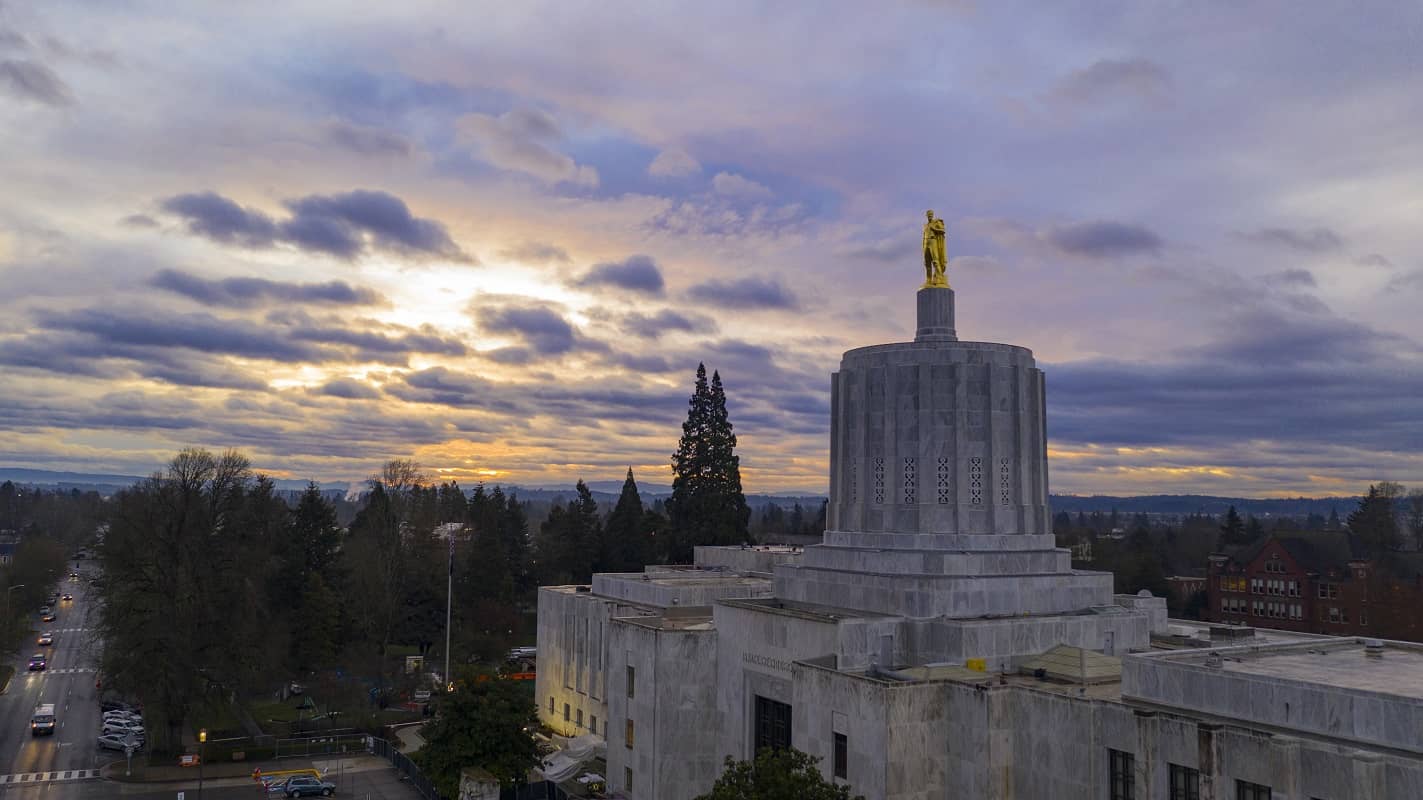Introduction
Metro has placed a $227.4 million bond measure on the ballot for the November general election (Measure 26-80). If approved, the measure would provide financing for the purchase of natural areas throughout the region, along with a limited number of capital improvement projects in local parks and neighborhoods. According to Metro, this measure builds on the success of the 1995 open space bond measure, which raised $135.6 million in revenues that were used to buy 8,130 acres of natural areas.
Metro’s open space program has received widespread editorial support from local newspapers. Much of the support stems from the popular perception that the 1995 bond measure was an unqualified success. As proponents like to point out, Metro exceeded its acreage acquisition goals, it purchased land from “willing sellers,” and it even received 200 acres of donated land.
However, there is a dark side to Metro’s open space program that is not well understood. Metro has a regional land use and transportation plan which mandates higher densities inside the Portland urban growth boundary; but the agency deliberately spends most of its acquisition budget on remote parcels outside the boundary, far from existing neighborhoods.
Moreover, many of the projects funded closer to existing residents will provide limited amenities for families and outdoor recreationists, because Metro’s program primarily supports “ecosystem services” such as clean water and wildlife habitat. There is little room in Metro’s vision for swing sets, softball diamonds, soccer fields or large parking facilities.
Finally, Metro intends to keep much of the new greenspace acreage completely closed off to the public for decades, on the grounds that the lands are ecologically sensitive. Therefore, the people who have been forced to pay for them will probably never get a chance to visit them.
This paper reviews the claims made by Metro for the 1995 measure, examines how the money was actually spent, and offers some cautionary advice regarding the 2006 proposal.
About Cascade Policy Institute: Founded in 1991, Cascade Policy Institute is Oregon’s premier policy research center. Cascade’s mission is to explore and promote public policy alternatives that foster individual liberty, personal responsibility and economic opportunity. To that end, the Institute publishes policy studies, provides public speakers, organizes community forums and sponsors educational programs.
Cascade Policy Institute is a tax-exempt educational organization as defined under IRS code 501(c)(3). Cascade neither solicits nor accepts government funding and is supported by individual, foundation and business contributions. Nothing appearing in this document is to be construed as necessarily representing the views of Cascade or its donors, or as an attempt to aid or hinder the passage of any bill before any legislative body. The views expressed herein are the author’s own. Copyright 2006 by Cascade Policy Institute. All rights reserved.











